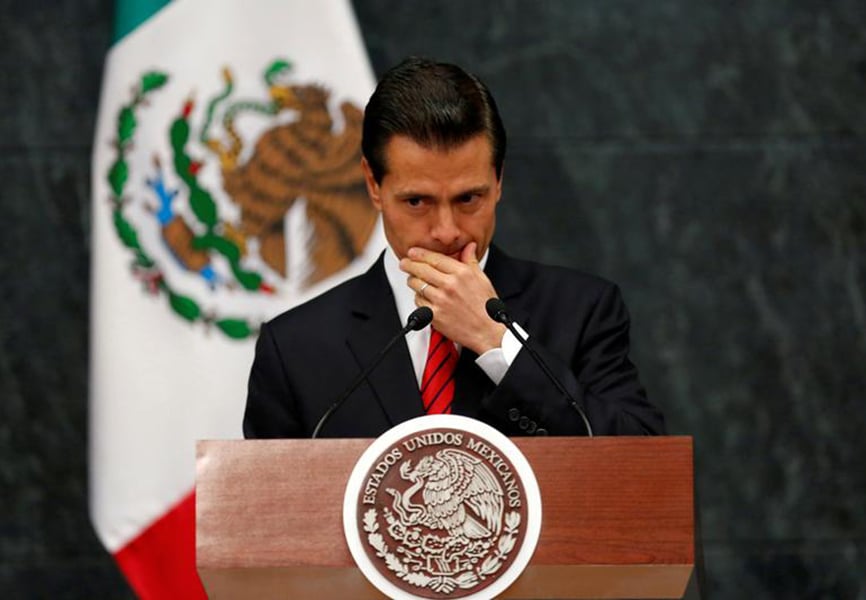LEADERSHIP WILL ALSO BE LACKING THIS YEAR ON OTHER ISSUES, as political officials in both developed and emerging economies avoid structural reform, undermining prospects for growth and new opportunities for investors.
The drivers of this logjam fall into four categories.
First, some national leaders feel as though they've already done their part. In India, Narendra Modi will mainly be resting on his laurels after passing a milestone goods and services tax, implementing monetary and bankruptcy policy reform, and liberalizing FDI in many important sectors. This year, he'll turn his focus to winning state elections. In Mexico, Enrique Pena Nieto will look toward the end of his presidency, having already achieved energy, telecoms, education, and tax reform. He knows he has no mandate to add to this list.
A second group will remain in a holding pattern until after major events on the political calendar. Preparations for China's fall 2017 leadership shuffle will further decelerate an already slow reform process before a new cadre of decision-makers gives it a fresh boost in 2018. Russia will continue to delay its most difficult spending cuts and tax hikes until after the country's March 2018 presidential election. And while France and Germany aren't exactly planning sweeping changes to their economies, even modest progress on labor and other reforms must wait until after their 2017 elections, in spring and fall, respectively. Argentina's Mauricio Macri may once again stick his neck out, but not before his mid-term election moment of truth in October.
Political officials in both developed and emerging economies will avoid structural reform, undermining prospects for growth and new opportunities for investors.
In a third set of countries, genuine structural reform is not even on the agenda. In Turkey, President Recep Tayyip Erdogan's laser-like focus on consolidating power means easy money and the absence of painful reforms will continue. In South Africa, ANC infighting will eclipse any opportunity for reform. In Italy, a weak government won't have the “oomph” to systematically address banking sector reform and other key problems. In the UK, continued preoccupation with Brexit will prevent Prime Minister Theresa May's government from keeping her promise to “reform capitalism.”
This leaves a final group with leaders that will show resolve but fall short of what's necessary. Saudi Arabia's Mohammed bin Salman will keep working on his country's fiscal crunch, but he still won't be able to overcome cultural obstacles that inhibit the kingdom's full economic potential. And Nigeria may see progress on its oil sector reform, anticorruption agenda, and security fronts, but Muhammadu Buhari will continue to falter on key monetary and fiscal issues.
The reform needle won't move in 2017. Save for a few bright spots, money won't know where to flow.

 Mexico's President Enrique Peña Nieto delivers a message after Trump won an unexpected victory in the presidential election. Mexico City, Mexico, 9 November. 2016. REUTERS/Carlos Jasso
Mexico's President Enrique Peña Nieto delivers a message after Trump won an unexpected victory in the presidential election. Mexico City, Mexico, 9 November. 2016. REUTERS/Carlos Jasso